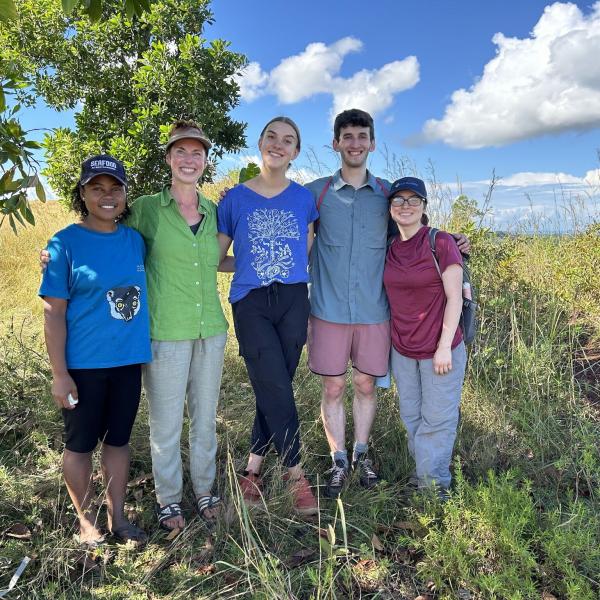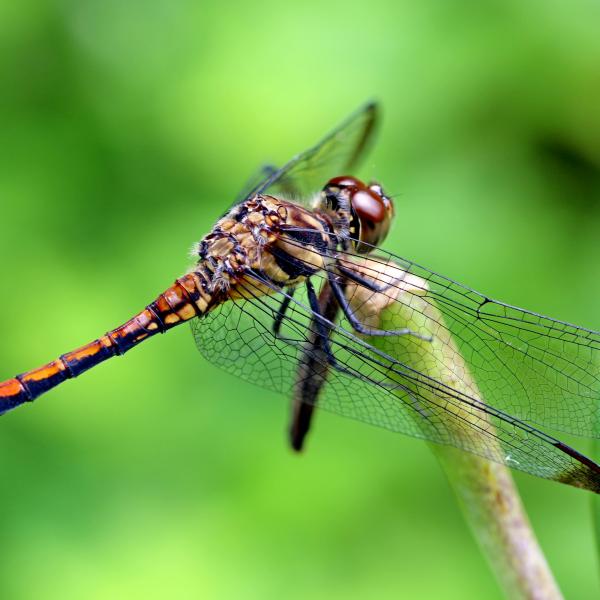Join us in recognizing the achievements and memories of faculty members who are closing out their careers in Arts & Sciences.
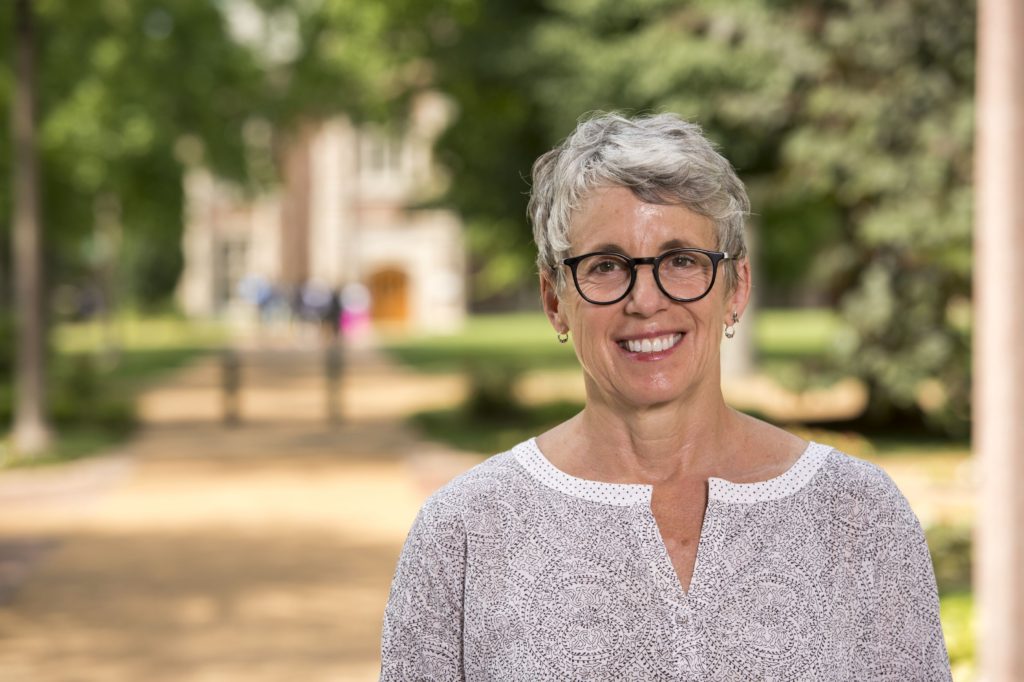
Jean Allman
Department of African and African-American Studies
When Jean Allman first joined the WashU faculty in 2007, she was interested in three academic areas: history, African and African American studies, and women and gender studies. At the suggestion of the dean, she began with an appointment in history, a move that launched 16 years of interdisciplinary work across campus.
Allman, the J.H. Hexter Professor in the Humanities, served as chair of the history department, director of the Center for Humanities, and, starting in 2017, a professor of African and African American studies. “It was important to me to contribute as much as I could to the historic changes happening in that unit as it moved from program to department status,” she said. “Those were exciting times!”
Some of her best memories include working on several Mellon-funded projects, including the Lewis Collaborative studiolabs and The Divided City urban humanities initiative. “Working with Bruce Lindsey, Tila Neguse, and an incredible range of faculty and students from across Washington University was a real privilege,” Allman said. “I’m especially proud of the work we accomplished with our St. Louis community partners.”
In retirement, Allman looks forward to having uninterrupted time to focus on two unfinished projects, traveling, and playing pickleball.
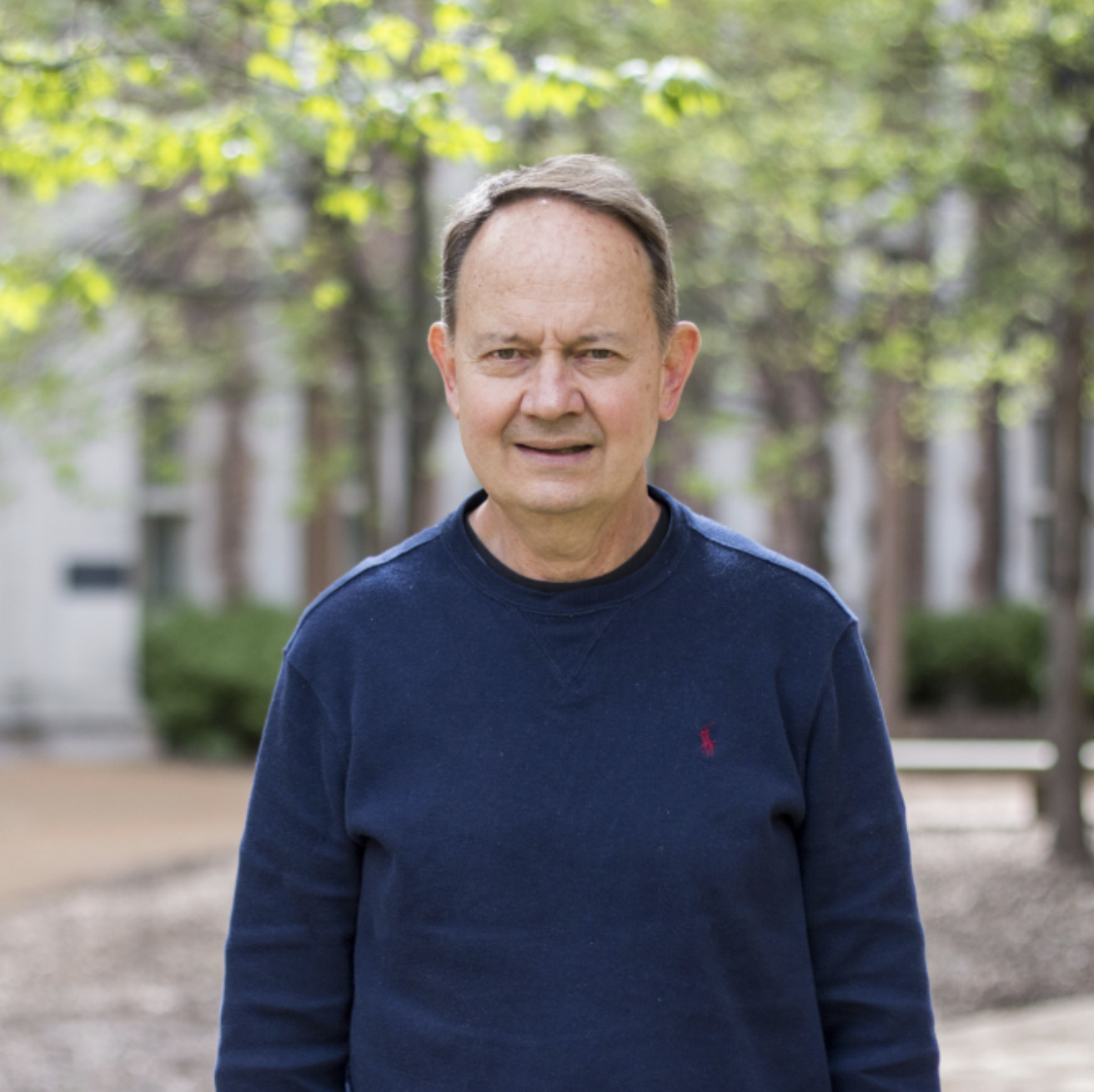
David Balota
Department of Psychological & Brain Sciences
Since joining WashU in 1985, David Balota has seen the Department of Psychological & Brain Sciences more than double in size. It was a team effort, but he played no small role in helping the department grow to one of the strongest psychology-focused departments in the country.
Balota said he has enjoyed the opportunity to engage in interdisciplinary work with other departments and schools: “Cross-department work nurtures creative science from multiple perspectives.” He especially valued “the intellectual energy and the sense of community across students, the faculty, and the administration.”
Teaching the course “Introduction to Study of the Mind-Brain: Psychological, Biological, & Philosophical Perspectives” for 25 years has allowed Balota to thoroughly engage in the interdisciplinary fields of psychology, neuroscience and philosophy, with a variety of co-instructors. The rewarding experience of introducing first-year students to cognitive neuroscience made this his favorite course to teach.
Balota intends to spend retirement “doing what I want to do, when I want to do it.”
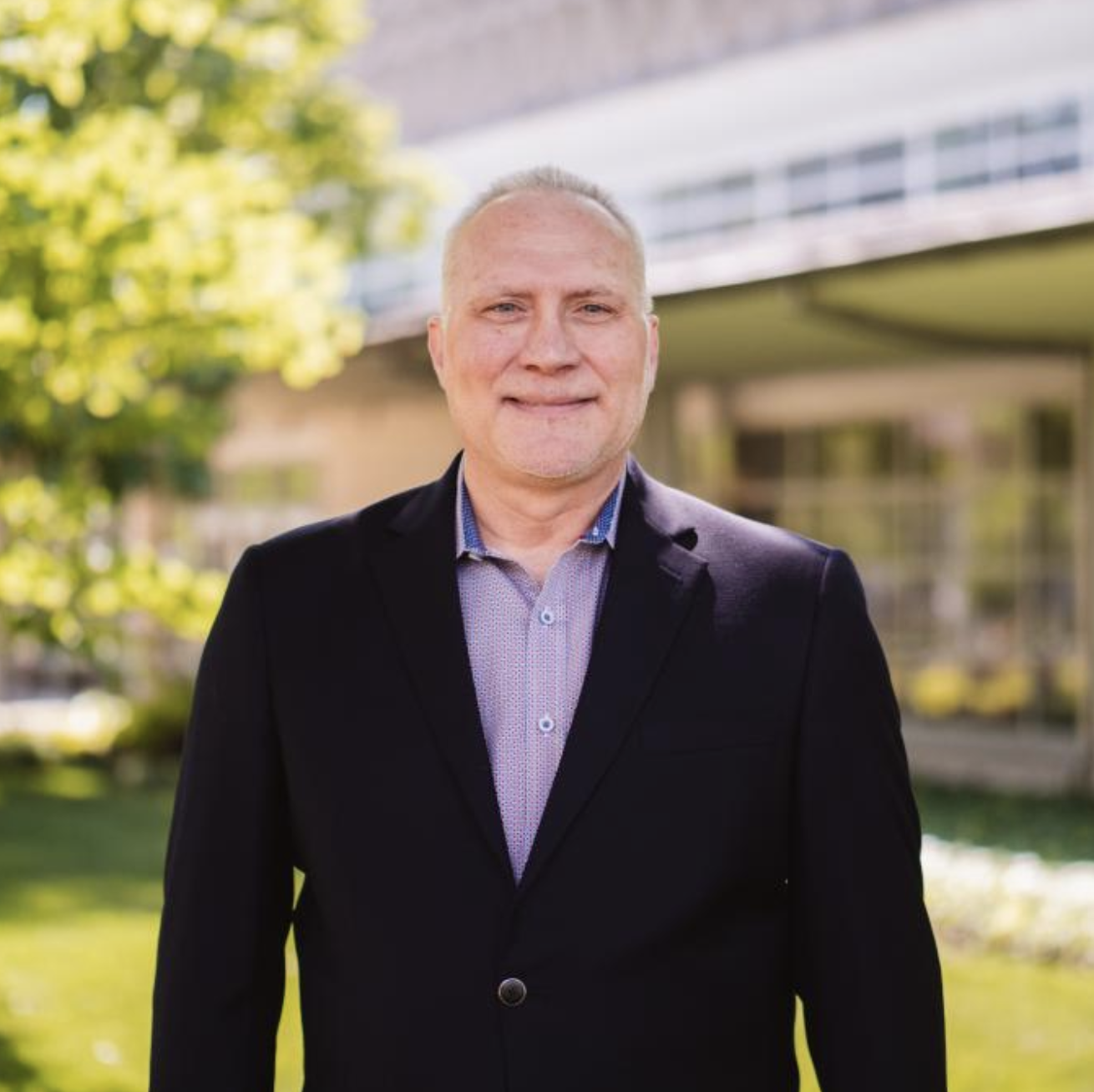
William Buhro
Department of Chemistry
Choosing one discovery from a 35-year career of extensive research is no easy task, but one accomplishment stands out to William Buhro, the George E. Pake Professor of Chemistry who joined the department in 1987. “My favorite memory is discovering the Solution-Liquid-Solid method for growing semiconductor nanowires, which was a real detective hunt,” he said.
Beyond his personal achievements, Buhro said he deeply enjoyed the opportunity to collaborate with students and faculty — including during his 12 years as chemistry department chair. Again, it’s challenging to single out one person, but Buhro said he especially appreciated working with fellow professor of chemistry Richard Loomis.
He can also name a favorite course: “Introductory General Chemistry I,” a recent offering that allowed Buhro to share his passion with a wider range of students. “The combination of terrific students and terrific co-instructors, especially Jia Luo, made the course very satisfying and enjoyable to teach,” he said.
He plans to continue teaching, even in retirement. Buhro also looks forward to reading and spending quality time outdoors.
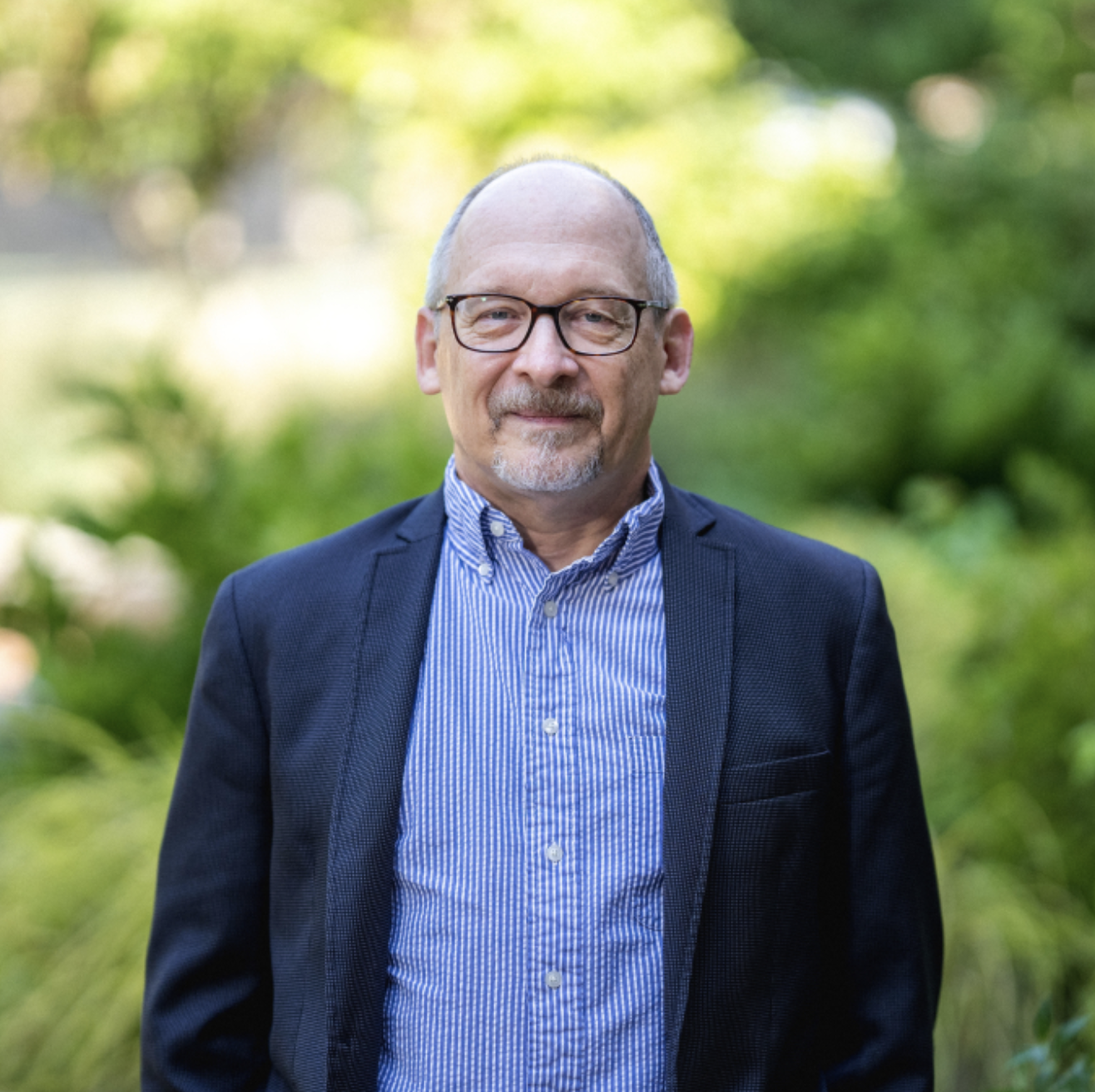
Randall Calvert
Department of Political Science
Randy Calvert, the Thomas F. Eagleton University Professor of Public Affairs and Political Science, first joined the Department of Political Science in 1979. After eight years, he took a brief intermission to teach at the University of Rochester before he was “lured back” to WashU in 1999, a move that finally stuck.
Ever since returning to WashU, Calvert has been a fixture in the political science department. Some of his favorite memories involve working with honors thesis students. “I was seeing the very best students at their very best,” he said.
Across his WashU career, Calvert has collaborated with faculty in a variety of other departments and schools, including economics, business, law, and most recently, American culture studies. “I hope they got a fraction of the intellectual enrichment from me that I got from them,” he said.
Calvert said he will have an especially hard time letting go of his course “Development of the American Constitution,” which he has taught more than a dozen times.
While he will miss teaching, Calvert said he is looking forward to spending his retirement reading and learning “as much and as widely as I want.”
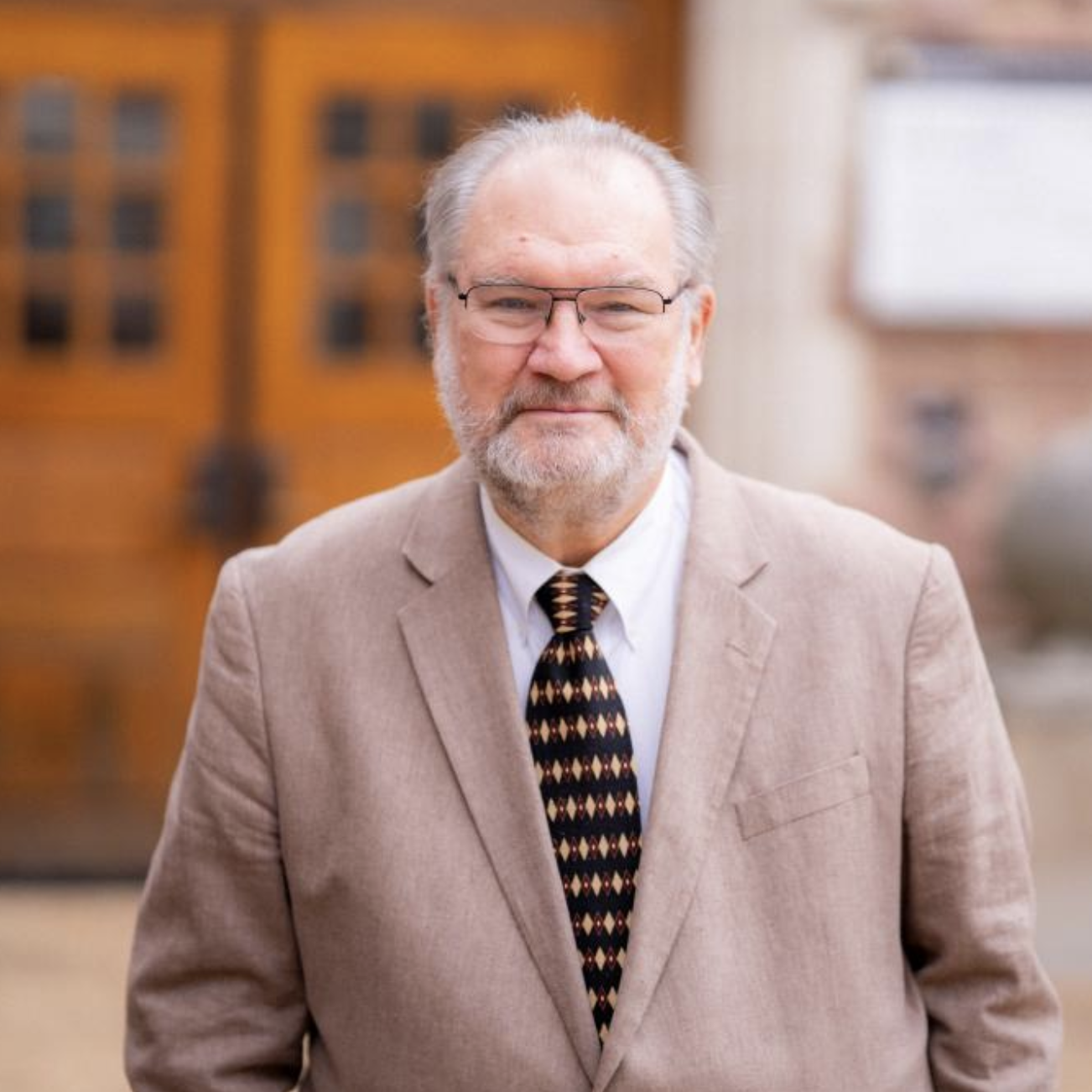
Robert F. Dymek
Department of Earth and Planetary Sciences
When Robert Dymek was 10 years old, his father took him to see his first fluorescent rock. Ever since then, he knew he wanted to study them. In 1984, he joined WashU’s Department of Earth and Planetary Sciences, where he built a body of research in the field of petrology. His primary focus is on geological problems that have a fundamental bearing on Precambrian history. Most summers, fieldwork took him north, to study geology in the U.S., Canada, and Greenland.
Dymek loved teaching graduate classes in chemical petrology, but he’s probably best known for his popular course “Geology of National Parks.” For many years, he organized a study trip for faculty members, graduate students, and undergrads to different national parks —everywhere from Arches National Park in Utah to Big Bend in Texas to Mammoth Cave in Kentucky.
But his favorite thing about working at WashU has been access to “world-class” laboratories. Dymek supervised the department’s X-ray Fluorescence Analysis Laboratory, and he also did a good deal of research at WashU’s neutron activation and electron microprobe labs. Those facilities allowed him to analyze the chemical composition of rocks and minerals. “I use that information to tell stories about how the rock came to be and what it means in terms of the Earth’s history,” he said.
Upon retiring, he hopes to go to Alaska, the only U.S. state he’s never visited. But he’s not walking away from academia entirely. He looks forward to continuing as a professor emeritus. “Some people count down the days until retirement. I’ve never been that way,” Dymek said. “I look forward to continuing my projects and collaborations.”
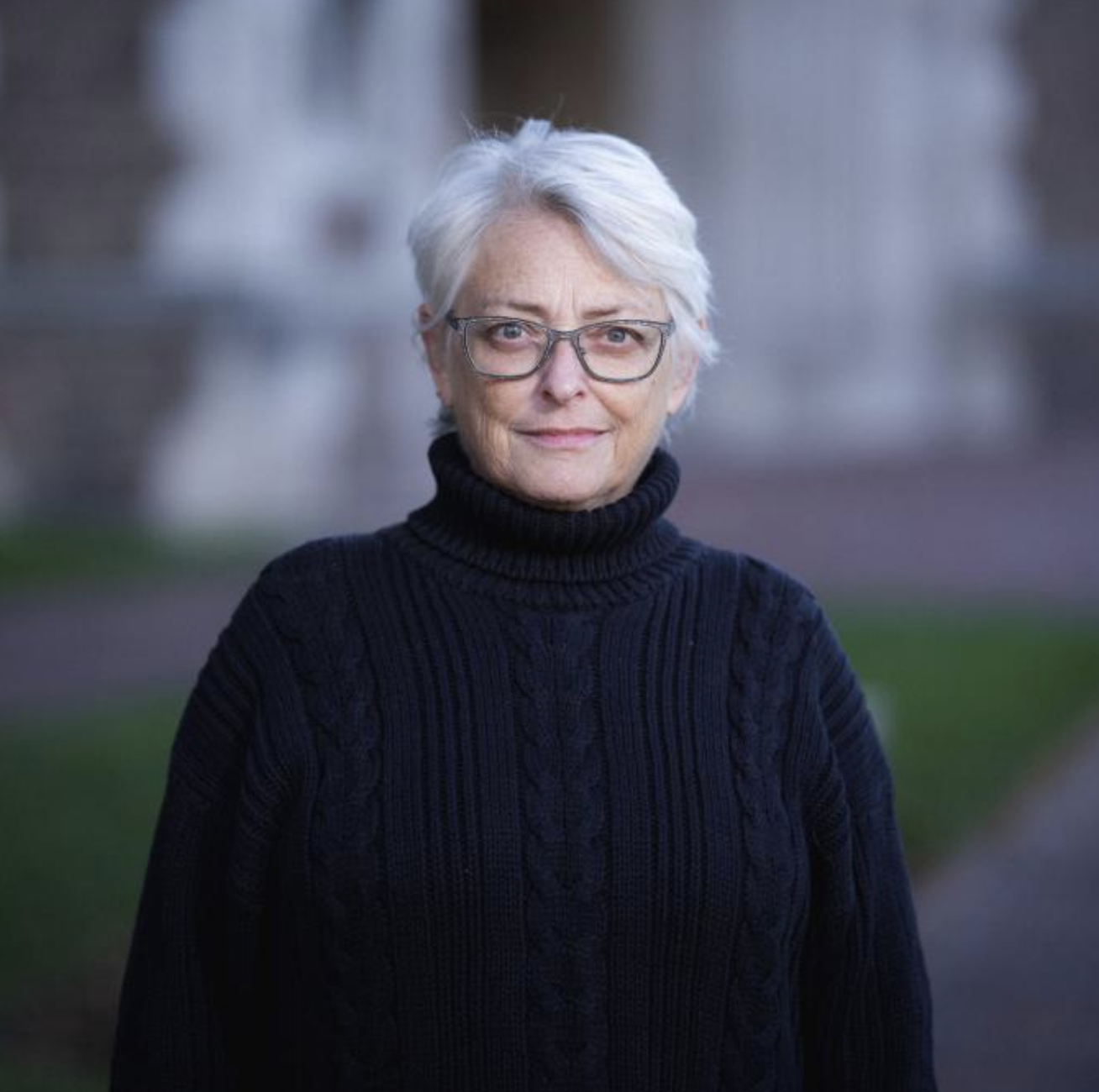
Andrea Friedman
Departments of History and Women, Gender, and Sexuality Studies
Andrea Friedman joined WashU in 1996 as the first tenure-track faculty member in what was then known as the Women's Studies Program, a precursor to the Department of Women, Gender, and Sexuality Studies. She’s proud of the department’s evolution. "We are a small department, but mighty, with brilliant colleagues and passionate, smart students,” she said.
Of the many classes she taught over the years, her favorite is “Documenting the Queer Past in St. Louis.” Each of the students in this class completed an oral history with an elder who identifies as LGBTQ+. “Before the pandemic, we always had a party with our oral history narrators,” she said. “I loved seeing the connections that were made across generations and among members of the queer community.”
One particular highlight of her time at WashU was the launch party for a digital map she co-created with Miranda Rectenwald, curator of local history, called “Mapping LGBTQ+ St Louis, 1945-1992." Nearly two hundred people gathered at the Missouri History Museum to hear from some of the people whose stories were featured on the map. “Everyone had a great time, and I was happy to give back to my community,” she said.
In her retirement she is moving to northern New Mexico, where she looks forward to abundant sunshine, new adventures, and time to breathe.
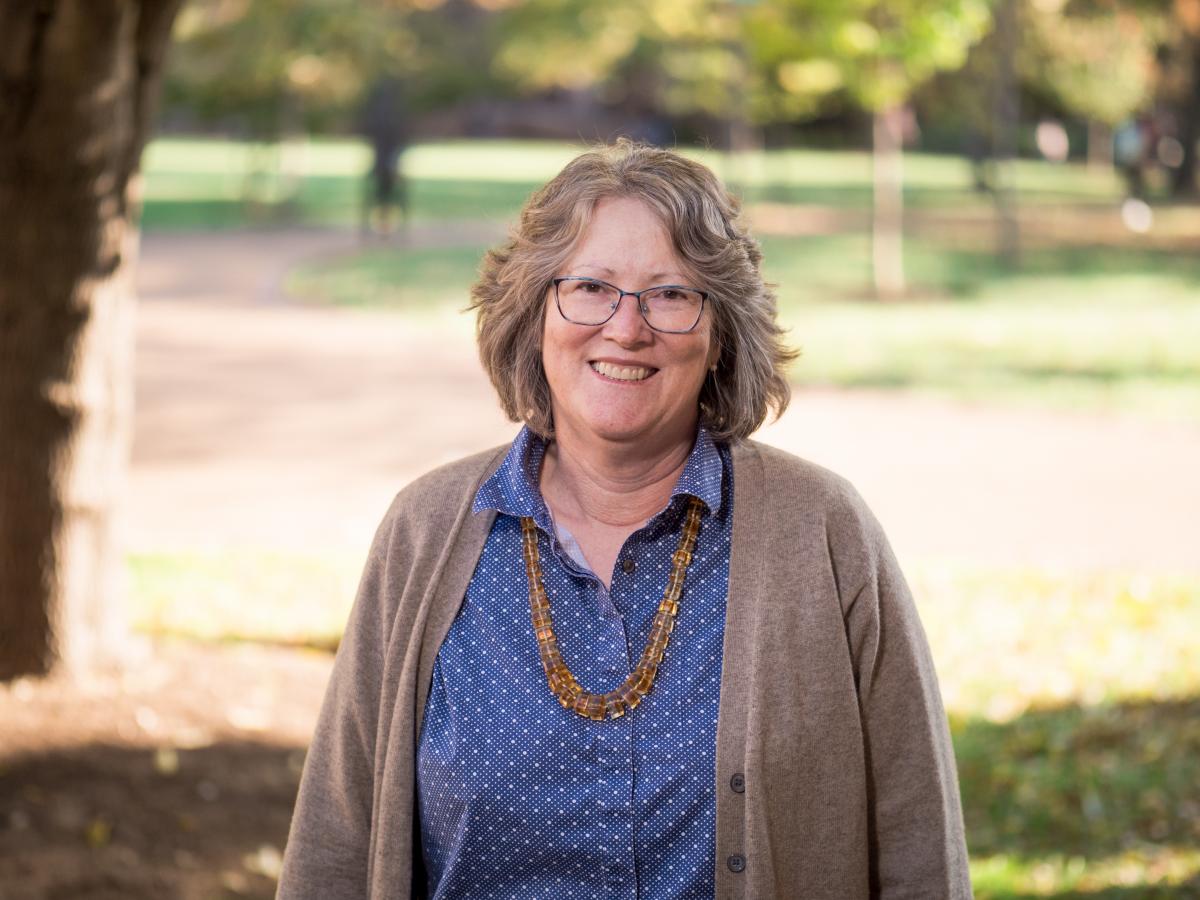
Fiona Marshall
Department of Anthropology
Growing up in Nairobi, Kenya, Fiona Marshall spent many hours exploring the outdoors, finding stone tools, and going to the Nairobi National Museum to hear talks by legendary archaeologists.
The James W. and Jean L. Davis Professor carried a passion for archaeology to her undergraduate studies at the University of Reading, where she identified a collection of Holocene fossils as belonging to domesticated goats. To this day, her honors thesis contains the oldest known evidence for domesticated animals in Kenya.
After joining WashU in 1987, Marshall went on to a storied career studying animal domestication, the spread of food production, and hunter-gatherer ethnoarchaeology.
Marshall has loved her time teaching at WashU. “I have learned so much from teaching such wonderful students,” she said. This spring marks her 36th year teaching “Zooarchaeology,” a course featuring a collection of skeletal materials that Marshall built into a necessity for any aspiring archaeologist or PreHealth student.
It’s the community of scholars in the anthropology department, however, that Marshall has enjoyed the most. “One of the things I have valued more than anything are my corridor conversations in McMillan Hall,” Marshall said. “I have learned so much from my colleagues about diverse topics such as climate change, lost crops, or the latest discoveries.”
In retirement, Marshall is looking forward to birdwatching, painting, and spending time with her grandchildren. She also plans to continue her research and professional activity.
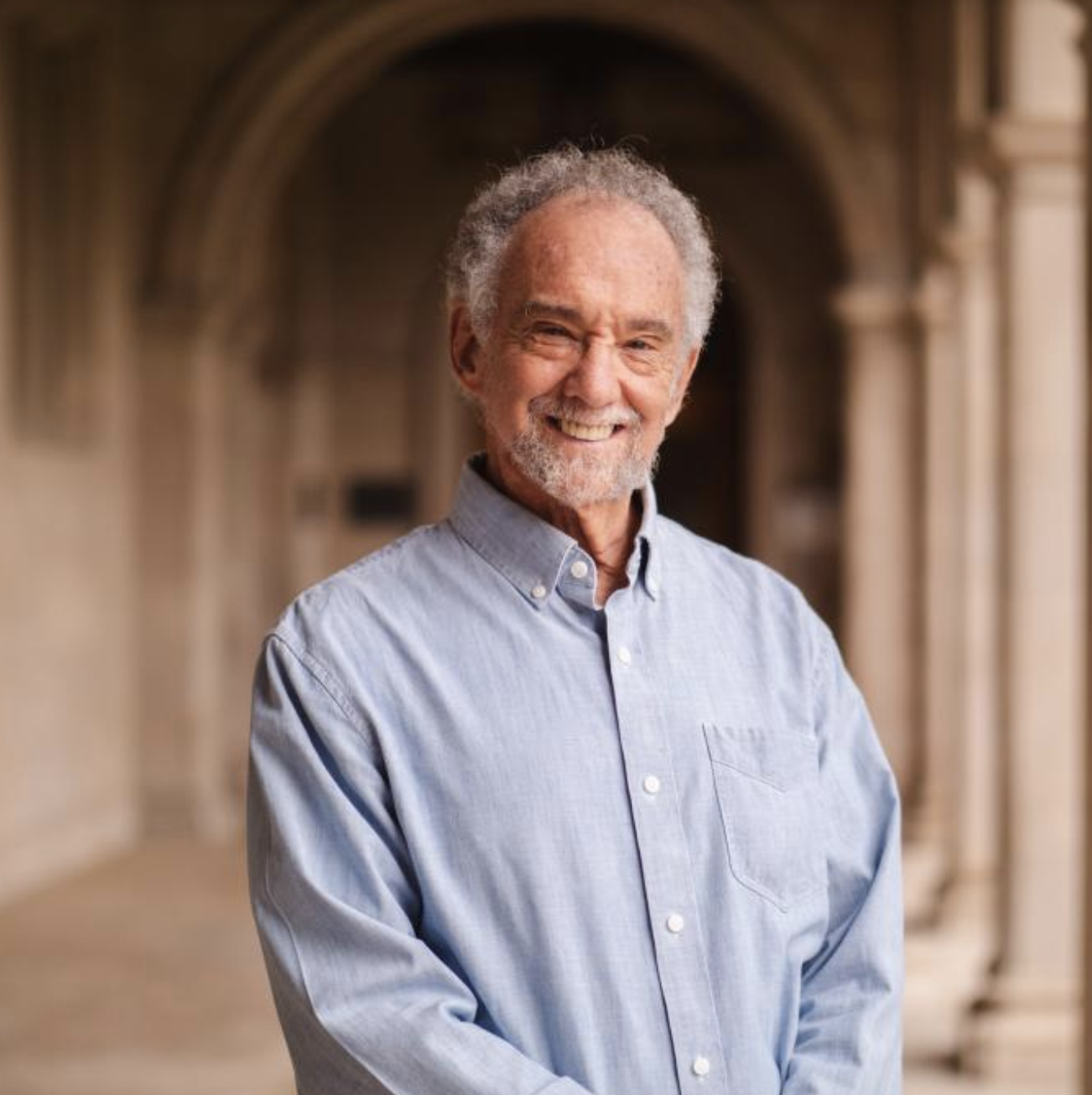
Robert Milder
Department of English
Few people can say they’ve only had one employer in life. Robert Milder’s first job was at WashU in 1972, and he’s never worked anywhere else.
The professor of English has witnessed enormous changes over those 40-plus years, including new buildings, an ever-expanding faculty, and an increasingly diverse student body.
His teaching primarily centered on the American Renaissance and the literature of New England, but he also offered courses in Anglo-American Romanticism, 20th century American literature, Virginia Woolf and the Bloomsbury group. He has especially enjoyed teaching “The Art of Memory,” an intensive writing course in which students read autobiographies and write memoirs of their own.
“We usually know students from a distance, as they perform in a class, but they all have personal histories, conflicts, and traumas,” he said. “The stories they tell in their memoirs are themselves often remarkable, but what astonishes me is the honesty and intelligence with which they deal with the intimate, the disturbing, and sometimes the horrific.”
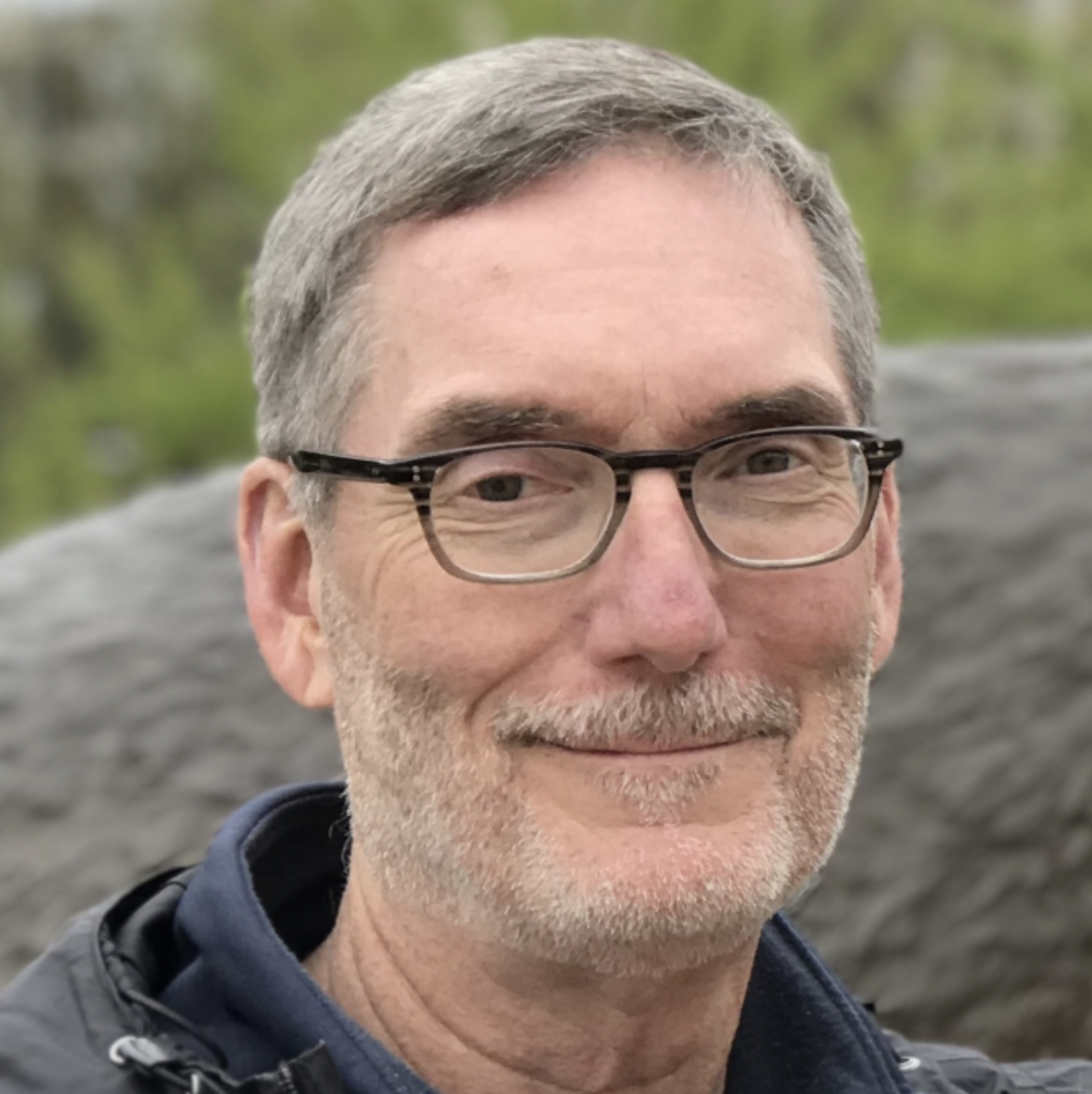
Thomas Oltmanns
Department of Psychological & Brain Sciences
Thomas Oltmanns, the Edgar James Swift Professor in Arts and Science, joined WashU’s Department of Psychological & Brains Sciences in 2003, giving him a first-hand view of the steady growth and evolution of the department. One notable trend over the last 20 years was an increased emphasis on the integration of research and clinical skills. “That shift has provided students with excellent opportunities for research careers,” he said.
Oltmanns’ favorite course to teach was “Personality and Psychopathology,” a small seminar for psychology undergraduates. In addition to reading relevant articles from the current research literature, students completed several short assignments. “Each student completed a self-report personality inventory, and they also had a close friend or relative complete the same inventory,” he said. “Students then wrote short essays about the similarities and the differences in how they viewed themselves and how they were perceived by the other person. The class discussions were always fascinating.”
Oltmanns said he greatly appreciated his many interactions with other faculty members on campus. “The university’s commitment to collaboration across labs and interdisciplinary research is one of its strongest features,” he said.
In his retirement, he plans to spend time exercising with friends, reading books on his own schedule, and traveling with his wife, children, and grandchildren.
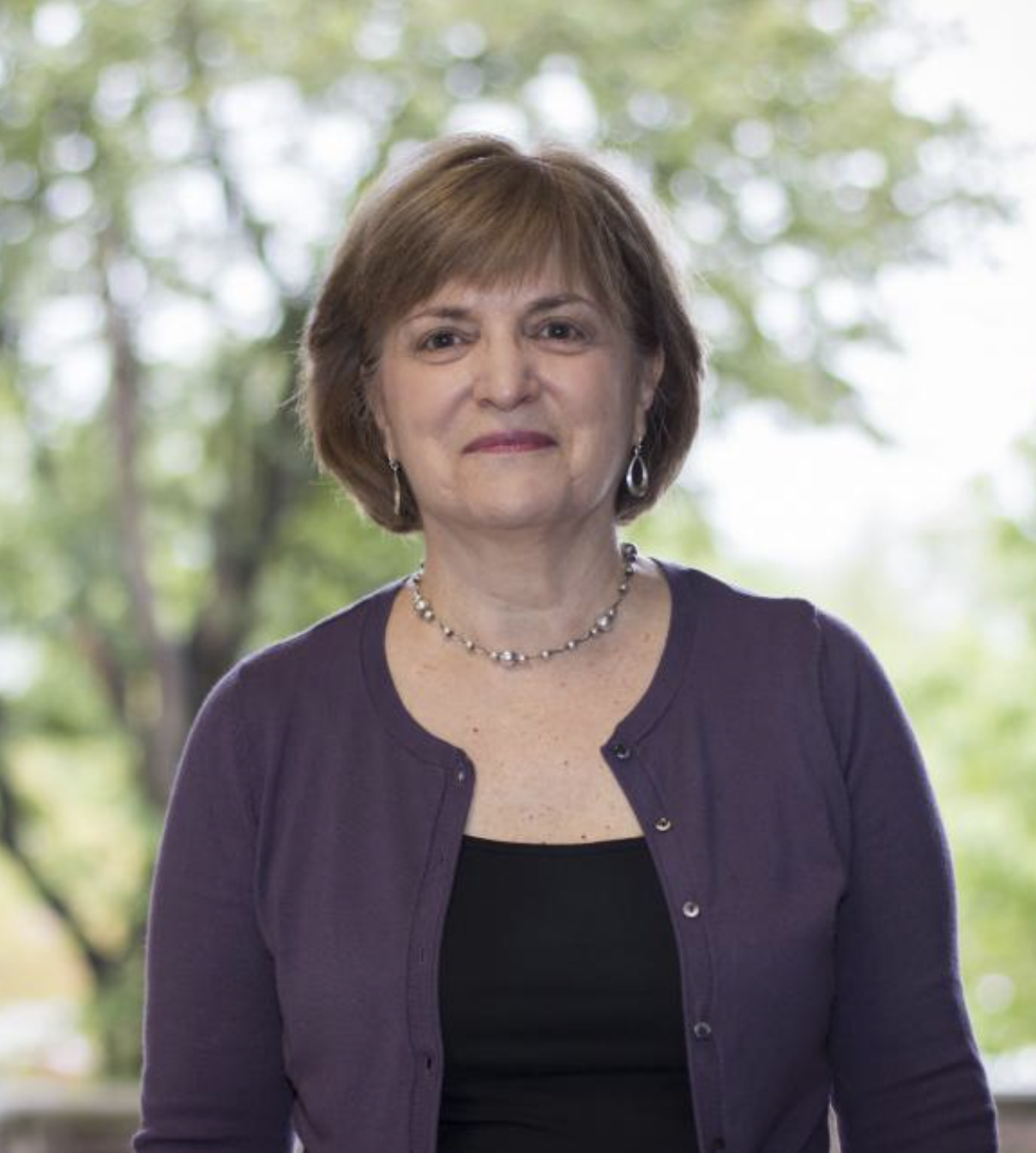
Dolores Pesce
Department of Music
The WashU music department has hit many high notes since Dolores Pesce, the Avis Blewett Professor of Music in Arts & Sciences, arrived in 1982. One notable movement: the university’s purchase of the Shaare Emeth Synagogue in the late 2000s. As department chair, Pesce oversaw the renovations that transformed the building into the 560 Music Center, an education and performance facility that has become a vital part of the university’s identity.
Her love of music and teaching found expression in “Music History III,” a course that explores musical trends and their place in social and political history from 1850 to today. “Throughout the course, I addressed contemporaneous developments in other arts, allowing me to explore my fascination with comparative arts and to attract students to humanities studies more broadly,” she said.
Pesce has enjoyed her interactions with colleagues across the university, especially in the Medieval Studies Group and the Faculty Senate Council. But perhaps her favorite moments happened in the classroom. “I remember many wonderfully stimulating discussions with students at both the undergraduate and graduate levels,” she said.
In her retirement, she’s looking forward to spending time with family and friends, traveling, and tackling new and ongoing research projects.
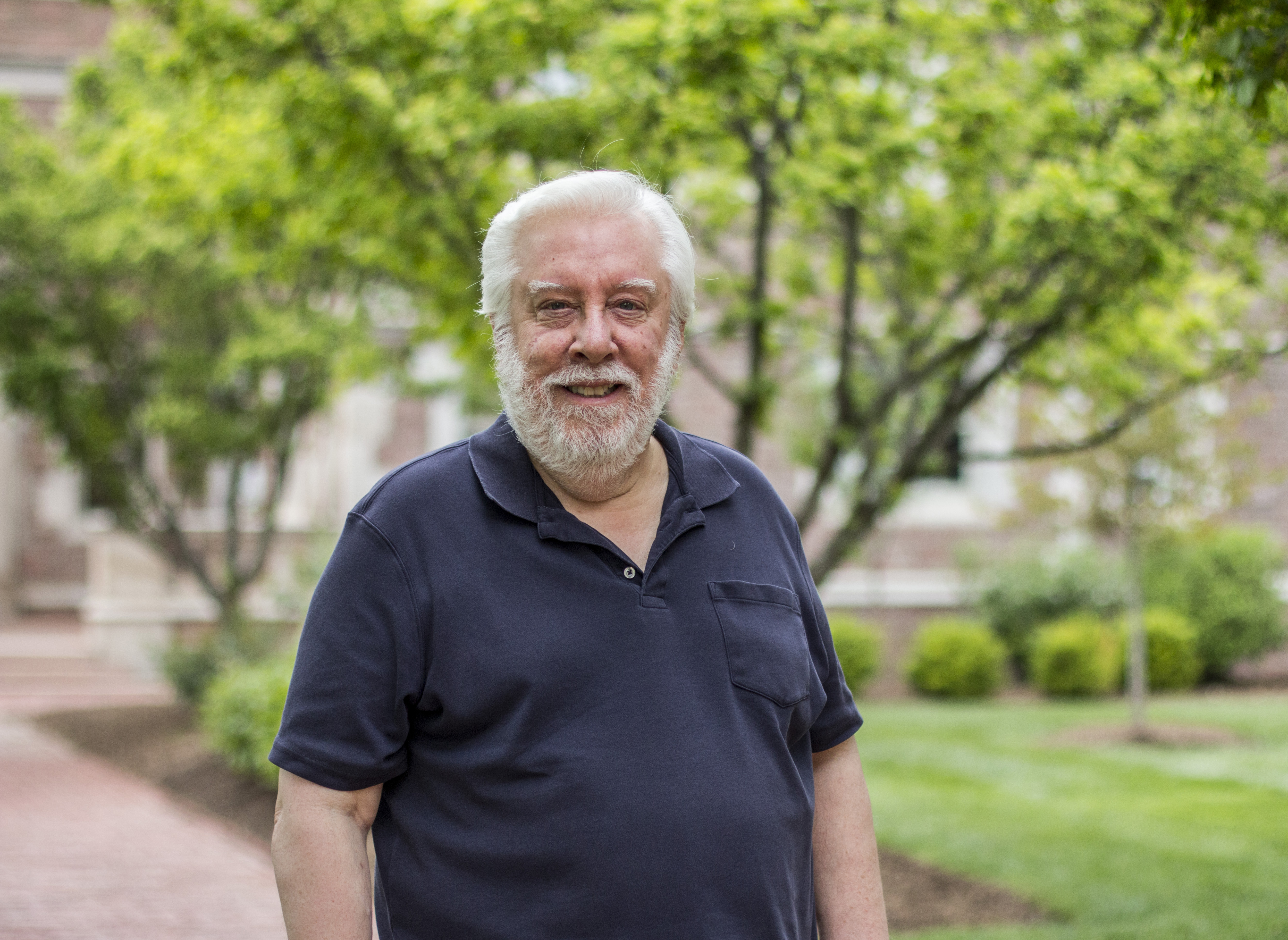
Richard Smith
Department of Anthropology
After a varied career that went from orthodontics to evolution, Richard Smith found his place as a professor of biological anthropology at WashU. “Other people talk about having the best job in the world because they don't know about this one,” he said with a smile.
Smith, the Ralph E. Morrow Distinguished University Professor, began his time at WashU as a professor and chair of orthodontics in the School of Dental Medicine. When the school shut its doors in 1991, Smith transferred to the Department of Anthropology, where he'd had a joint appointment. By 1993, he was chair of the department.
In 2008, Smith became dean of what was then the Graduate School of Arts & Sciences. He served in that role for six years before returning to the anthropology department, where he has spent the last nine years teaching, developing courses, and publishing papers that challenge the status quo on statistical methods commonly used by biological anthropologists.
One of Smith’s enduring legacies is “Introduction to Human Evolution,” a seminal course that he transformed into a must-take for undergraduates. During his tenure, anthropology grew to become the largest major for undergraduates.
Smith was the first WashU professor invited by students to give “The Last Lecture,” a tradition started at Brown University that asks a notable professor to deliver their hypothetical final lecture. The experience is one of his fondest memories.
He is looking forward to spending retirement with his grandchildren, traveling, improving his chess game, and reading mystery novels.
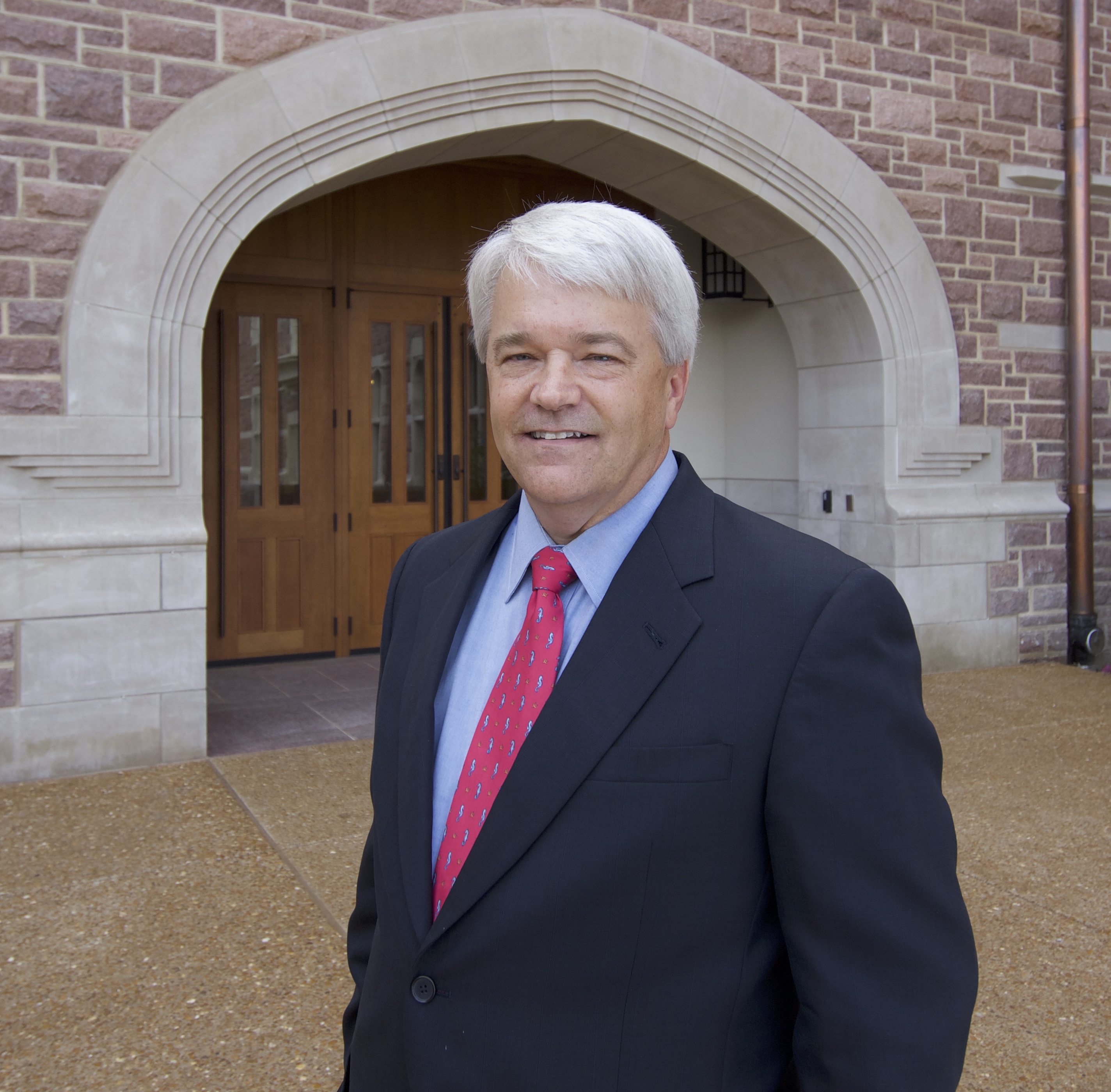
Steven S. Smith
Department of Political Science
Steven Smith, the Kate M. Gregg Distinguished Professor of Social Science, is wrapping up a 22-year career at WashU, an impressive run that included two decades as the director of the Weidenbaum Center on the Economy, Government, and Public Policy. “My own work has been enriched in more ways than I can count by the support of the Center and the often intense scholarly environment of my department,” he said.
While at WashU, Smith conducted studies that generated four books, seven editions of his textbook “The American Congress,” and numerous journal articles. He has also built meaningful friendships and collaborations with colleagues and graduate students. Even as he prepares for retirement, Smith said he continues to find himself “stumbling upon intriguing puzzles about how we govern ourselves.”
While he intends to continue his academic research and writing — he notes that he has several ongoing research projects in the works — Smith plans to spend much of his retirement traveling and enjoying time with family.
Smith would like to thank Chancellor Emeritus Mark S. Wrighton, Provost Emeritus Edward Macias, and colleagues Murray Weidenbaum, Steve Fazzari, Randall Calvert, Jack Knight, Lee Epstein, and many others for the support they have provided throughout his time at WashU.
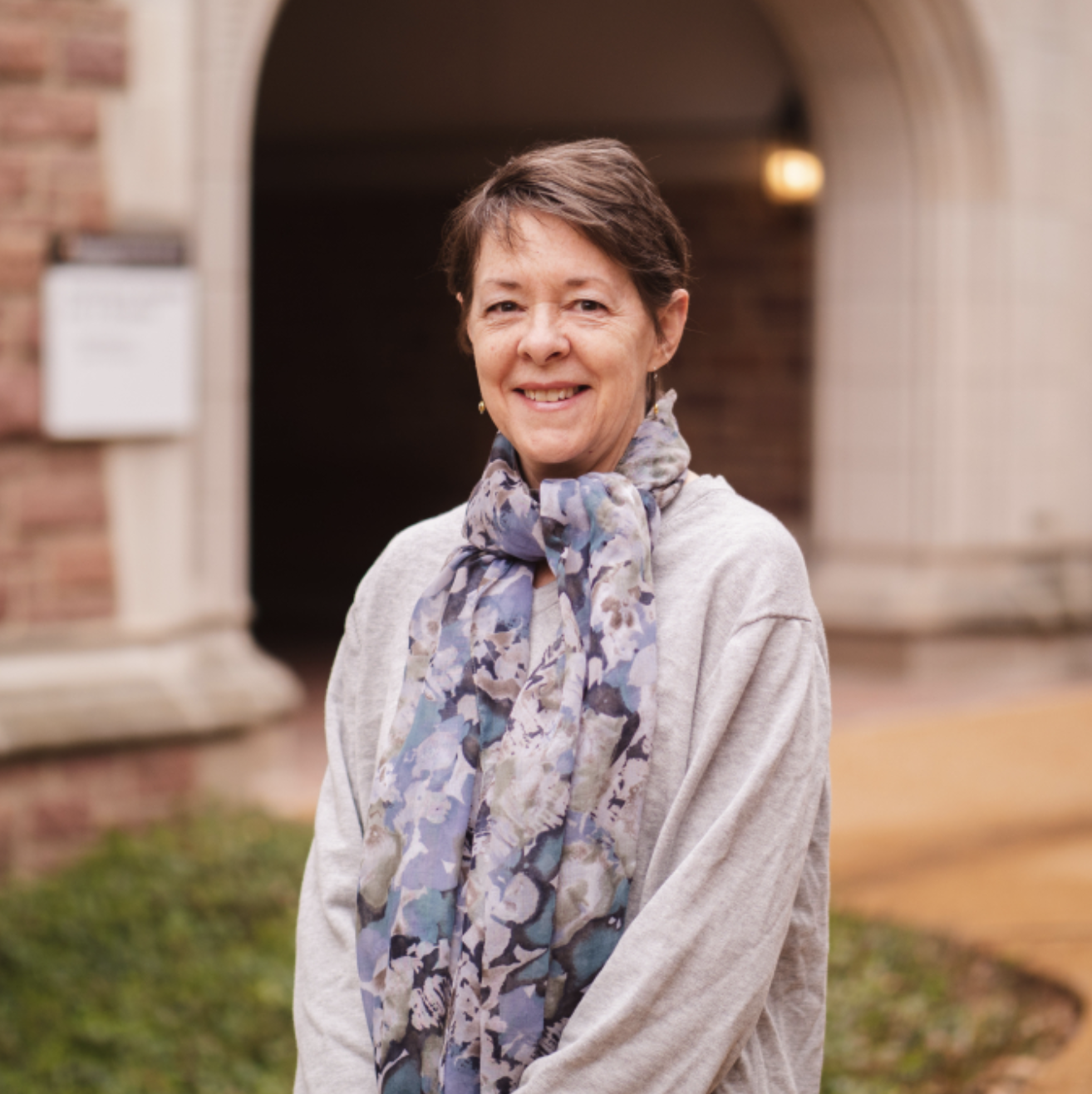
Desirée White
Department of Psychological & Brain Sciences
When Desirée White joined the Department of Psychological & Brain Sciences as a doctoral student in 1988, she never imagined she would eventually return as a member of the faculty. “That was a stroke of luck,” she said. “And some skill, I like to believe.”
White, who is also a professor of pediatrics in the School of Medicine, feels fortunate to have ended up at a university with such a congenial atmosphere. “I tell folks that our department is ridiculously friendly – and it’s true,” she said. “We have our moments, but our culture is such that we treat one another with deserved respect and kindness.”
For all the hours she spent teaching graduate-level courses, she says her favorite course was “Developmental Neuropsychology,” a writing-intensive course for undergraduates. The course covered the disorders of childhood that have long been at the center of White’s research, including sickle cell disease and phenylketonuria. “It’s been very rewarding to work with our undergrads to improve their writing skills while they learn about vulnerable children,” she said. She’s also proud to have co-led the multidisciplinary children’s studies minor.
In her retirement, she’s looking forward to living “unencumbered.” That likely involves traveling with her husband and daughter, planting an orchard, and raising chickens and rabbits. “I’ll also do some volunteer work, but I want to give myself a bit of time to determine where to best place my resources,” she said.
